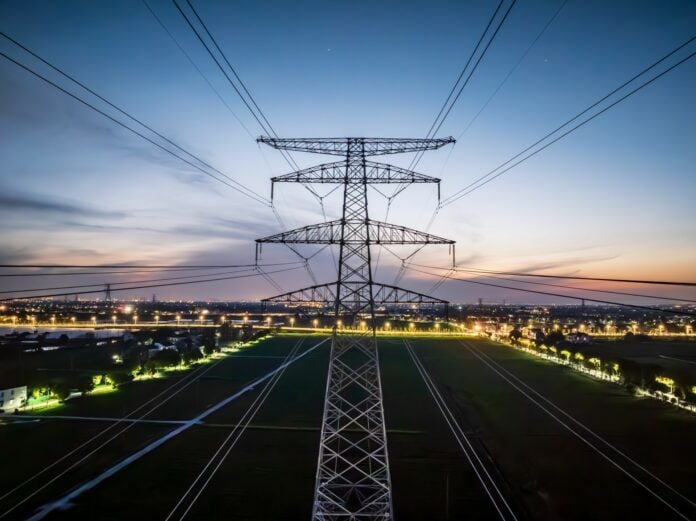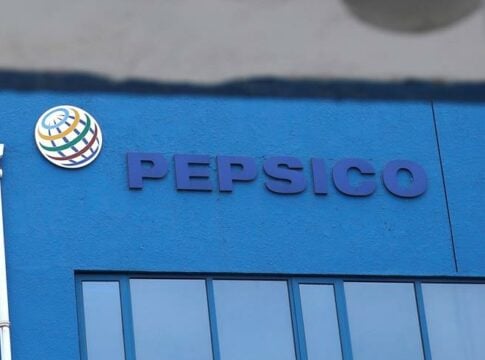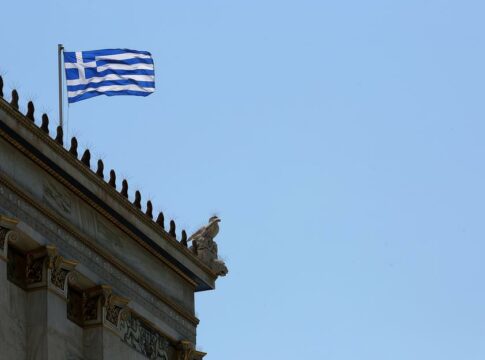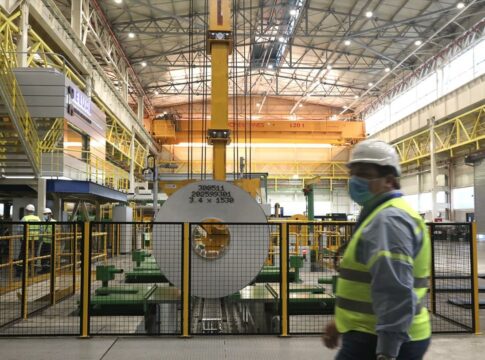Greek companies, and especially energy-intensive manufacturing companies, have to deal with significantly higher energy costs over time, compared to the rest of Europe, facing a competitive disadvantage.
The European Commission is now officially adopting the same direction, through the Communication (25/06) of the new Clean Industrial Deal State Aid Framework.
Recognizing that high energy prices undermine the competitiveness of European industry, the new Framework does not simply approve, but actively encourages European governments to adopt measures to subsidize energy costs for their industry. Specifically, it suggests 50% discounts on the purchase price for 50% of each industry’s consumption, which can result in a price of up to €50/MWh.
Given that the domestic energy market is by far the most expensive in Europe, we consider it self-evident that the Greek government will follow the example of other European countries and, taking advantage of the new Framework of the “Clean Industry Agreement”, will implement corresponding measures to reduce energy costs and support the effort to improve the carbon footprint of our industry.
Preserving the competitiveness of industry, especially at a time when the rest of Europe is supporting its industry in terms of energy costs (while facing a smaller energy price problem anyway), is vital for growth, exports, the external balance and ultimately the creation of quality jobs and the preservation of social cohesion.














